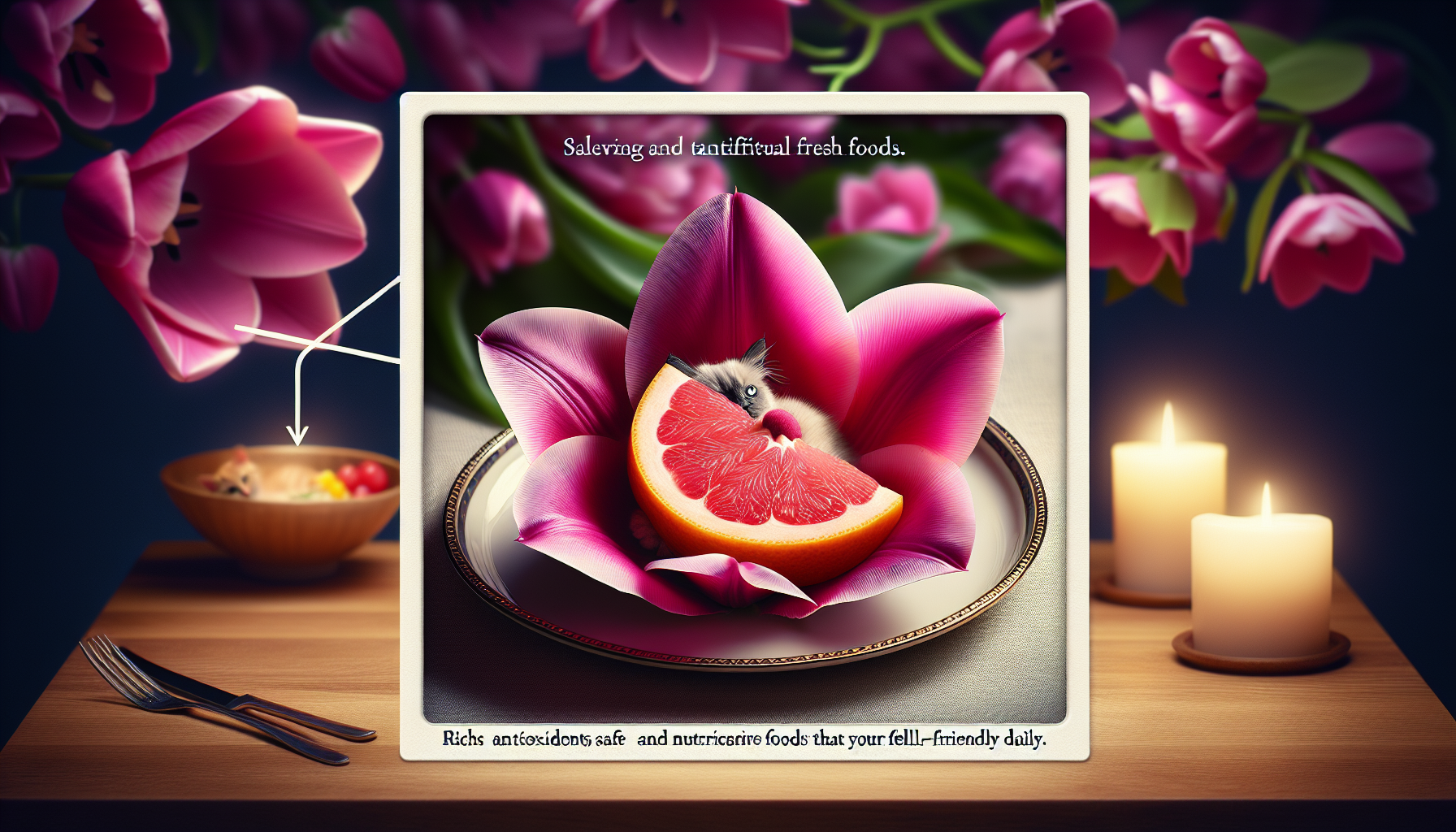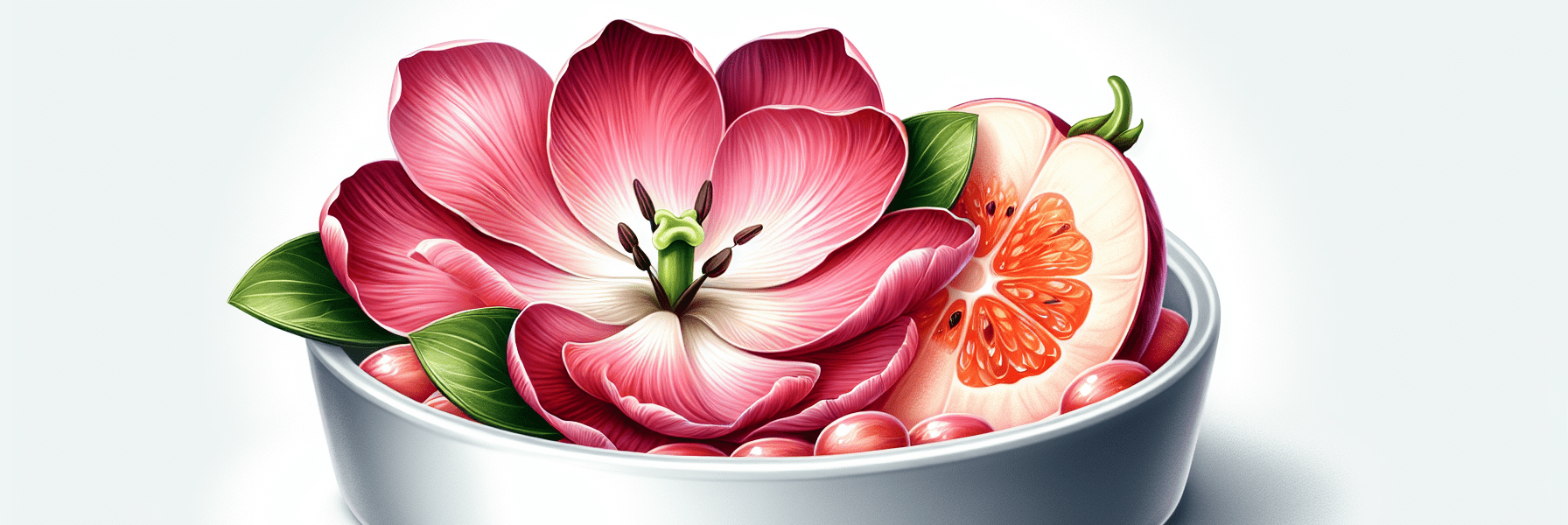Have you ever wondered if you can share your meals with your feline friend? Cats have a reputation for being picky eaters, but you may be surprised to learn that there are actually quite a few human foods that are safe and nutritious for them to enjoy on a daily basis. From fish to eggs, and even some fruits and vegetables, this article will explore the world of human foods that can be incorporated into your cat’s diet, ensuring they receive a varied and balanced meal plan. So, if you’re curious about what human food is safe for your cat to indulge in every day, keep reading to discover some surprising options that will have your kitty eating like a king!

This image is property of images.unsplash.com.
Foods That Cats Can Safely Eat Everyday
Lean Meat
As a cat owner, you may be wondering if it’s safe to share some of your own meals with your feline friend. The good news is that there are several human foods that cats can enjoy on a daily basis. One such category is lean meat. Cats are obligate carnivores, meaning their bodies are designed to thrive on a meat-based diet. So, incorporating lean meats like chicken, turkey, or lean cuts of beef into their meals can provide them with essential proteins and vital nutrients. Just make sure the meat is cooked thoroughly and free from any seasonings or spices that may be harmful to your furry friend.
Fish
Another food that most cats simply adore is fish. In fact, it’s not uncommon to see cats go crazy over a fresh serving of fish. Including small portions of fish in your cat’s daily diet can offer them a great source of omega-3 fatty acids, which are crucial for maintaining a healthy coat and supple skin. However, it’s important to note that fish should be fed in moderation due to the potential accumulation of mercury and other harmful toxins. Be cautious about introducing fish into their diet, and ensure it is thoroughly cooked, boneless, and served in small portions.
Cooked Eggs
Eggs are a versatile source of nutrition and can be a safe addition to your cat’s everyday diet. They are an excellent source of high-quality protein and contain important vitamins and minerals like vitamin A, E, and B12. When feeding eggs to your feline friend, it’s crucial to ensure they are cooked all the way through. Raw eggs can pose a risk of bacterial contamination, so always cook them before offering them to your cat. Scrambling or boiling an egg without adding any seasonings or oils is the best way to serve it to your furry companion.
Fruits and Vegetables for Cats
Pumpkin
While cats primarily require a meat-based diet, incorporating a small amount of fruits and vegetables can provide them with additional fiber and essential nutrients. One safe option is pumpkin. It is a nutrient-dense food that is often recommended for digestive health in cats. Pumpkin is rich in fiber, which can help regulate their bowel movements and ease any gastrointestinal issues. It also contains vitamins A, C, and E, which promote a healthy immune system. However, make sure to provide your cat with plain, cooked pumpkin without any added sugars or spices.
Blueberries
If you’re looking for a tasty and nutritious treat for your feline friend, consider offering them some blueberries. These tiny berries are packed with antioxidants that can support your cat’s overall health and well-being. Blueberries contain vitamins C and K, as well as dietary fiber. Introducing them into your cat’s diet in small quantities can provide a refreshing and healthy snack option. Remember to always wash the blueberries thoroughly before serving them to your cat and ensure you remove any stems or leaves that may be present.
Bananas
While cats are not typically fans of fruits, some may enjoy the occasional nibble on a small piece of banana. Bananas contain essential nutrients such as potassium, vitamin C, and dietary fiber, making them a healthy addition to your cat’s diet. However, moderation is key. Just like any other treat, bananas should be given in moderation and as an occasional snack. It’s important to remove the peel and cut the banana into small, manageable pieces for your cat to enjoy safely.

This image is property of images.unsplash.com.
Dairy Products for Cats
Small Amounts of Cheese
Cats are known to have a love-hate relationship with dairy products, and this holds true when it comes to cheese. While some cats may be lactose intolerant and experience digestive upset after consuming milk-based products, others can tolerate small amounts of cheese without any issues. Cheese can be a good source of protein and calcium, but it should only be offered as an occasional treat due to its high-fat content. Choose lower-fat options like cottage cheese or small pieces of cheddar, and always monitor your cat for any adverse reactions.
Plain Yogurt
If your cat seems to tolerate dairy well, plain yogurt can be another dairy product to include in their diet. Yogurt contains beneficial probiotics that can improve your cat’s digestive health and support their immune system. It’s important to note that the yogurt should be plain, with no added sugars, flavors, or artificial sweeteners. Check the ingredients to ensure it doesn’t contain xylitol, as this sweetener is toxic to cats. Introduce yogurt slowly, starting with small amounts to see how your cat reacts, and consult with your veterinarian if you have any concerns.

This image is property of images.unsplash.com.
Grains for Cats
Cooked Rice
While cats don’t have a nutritional requirement for grains, some may tolerate small amounts in their diet. Cooked rice can be a safe and easily digestible grain option for cats. It can provide them with additional carbohydrates, which can be beneficial for certain medical conditions, such as gastrointestinal issues or diabetic cats. When including rice in your cat’s meals, opt for plain, long-grain white rice, and avoid using any seasonings or additives that may be harmful to your furry friend. Remember to cook the rice thoroughly and allow it to cool before serving it to your cat.
Cooked Quinoa
Quinoa is a gluten-free grain that can be a nutritious addition to your cat’s diet. It is considered a complete protein as it contains all nine essential amino acids. Quinoa also provides essential minerals such as magnesium, iron, and manganese. When cooking quinoa for your cat, make sure it is fully cooked and cooled before serving. Avoid using any seasonings, spices, or oils that may be harmful to your furry companion. Start by offering small amounts of quinoa, and monitor your cat’s response to ensure they tolerate it well.

Other Human Foods Safe for Cats
Cooked Chicken
Cooked chicken is a safe and popular food choice for cats. It is an easily digestible protein source that can be incorporated into their daily meals or used as a special treat. Chicken is a lean meat that provides essential amino acids, and it’s a great way to add variety to your cat’s diet. Always remove the skin, bones, and excess fat before offering your cat some cooked chicken. You can shred the chicken into small, bite-sized pieces and mix it with their regular food or serve it as a standalone treat.
Tuna Water
While cats are often associated with their love for tuna, it’s important to note that too much tuna can be harmful due to its high mercury content. However, offering your cat some tuna water as an occasional treat can be a safe way to satisfy their seafood cravings. Tuna water refers to the liquid drained from canned tuna. It provides a hint of flavor and can be a great way to entice your cat to drink more water. Just ensure that the tuna is packed in water and not oil or brine, as those can be harmful to your cat.
Canned Coconut Milk
Coconut milk can be a safe and nutritious alternative to regular cow’s milk for cats. It is lactose-free, making it a suitable option for cats that may be lactose intolerant. Coconut milk contains healthy fats that can support your cat’s immune system and promote a soft, shiny coat. When offering coconut milk to your cat, opt for unsweetened, canned coconut milk. Be sure to introduce it gradually and monitor your cat for any digestive upset or allergic reactions. Remember, moderation is key, and coconut milk should be given as an occasional treat rather than a regular part of their diet.
Bone Broth
Bone broth is a flavorful and nutrient-rich liquid that can be beneficial for cats. It is made by simmering animal bones and connective tissues, extracting valuable minerals, amino acids, and gelatin. Bone broth can be a comforting and easily digestible addition to your cat’s meals, especially if they have a decreased appetite or are recovering from an illness. When offering bone broth to your cat, ensure it doesn’t contain any additives, seasonings, or onions, as these can be toxic to cats. Use homemade bone broth or look for commercially available bone broth specifically formulated for cats.
Baby Food
Sometimes cats may require a soft or easily digestible meal, such as when they are recovering from surgery or have dental issues. In such cases, baby food can be a safe and convenient option. Look for baby food that is free from onions, garlic, and any artificial ingredients. Opt for flavors like plain meat or poultry, and avoid any baby food products that contain seasonings or added sugars. Gradually introduce baby food to your cat’s diet and consult with your veterinarian for appropriate portion sizes and recommendations.
In conclusion, while cats have specific dietary requirements, there are several human foods that can be safely incorporated into their everyday diet. Offering lean meats, fish, cooked eggs, fruits and vegetables like pumpkin, blueberries, and bananas, small amounts of cheese, plain yogurt, cooked rice, and cooked quinoa can provide cats with additional nutrients and variety. Remember, moderation is key, and always monitor your cat’s response to new foods, seeking veterinary advice if needed. With proper care and consideration, you can enhance your cat’s meals and provide them with a well-rounded and enjoyable diet.


